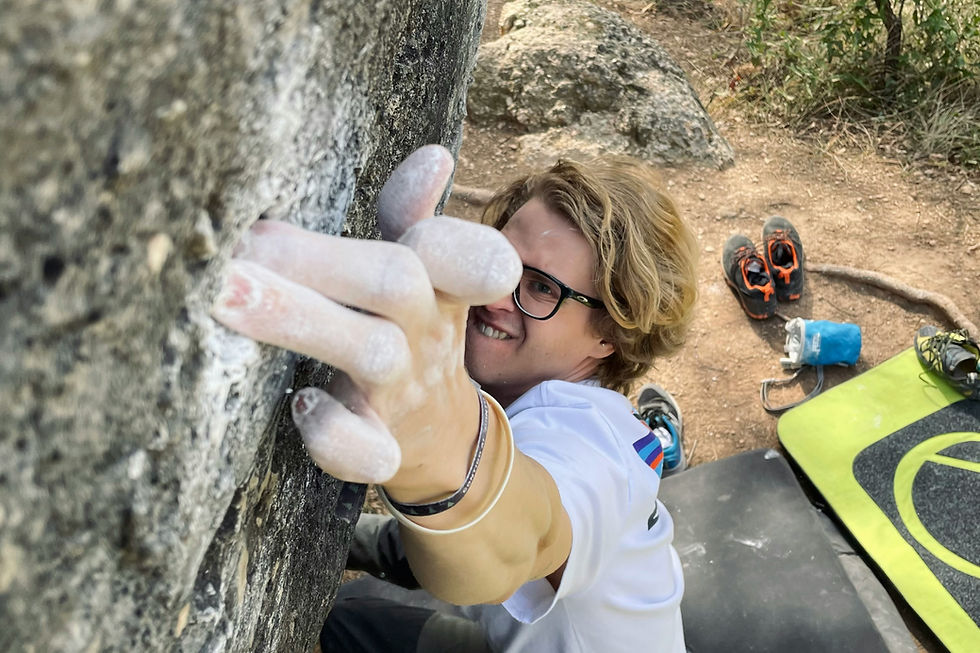God Sees Your Pain: Why Acknowledging Hurt Is the First Step to Healing
- Dion Davis
- Jul 14, 2025
- 3 min read
Updated: Aug 6, 2025

“You keep track of all my sorrows. You have collected all my tears in your bottle. You have recorded each one in your book.”
— Psalm 56:8 (NLT)
Pain is part of the human experience. Whether it's the sting of betrayal, the ache of loss, the shame of past mistakes, or the burden of anxiety - emotional wounds are real, and they matter deeply. As a Christian Psychotherapist, I often meet individuals who feel like they must hide their pain behind a mask of strength or spiritual performance. But the truth is this: God sees your pain, and He cares deeply about it.
🕊️ God Is Not Distant from Your Suffering
One of the most comforting truths in Scripture is that God is not indifferent to human suffering. Jesus wept (John 11:35). He experienced rejection, betrayal, loneliness, and anguish. He understands. When we feel like no one gets what we're going through, God does.
You don't have to pretend to be okay. In fact, healing begins when we stop pretending.
🤍 Why Acknowledging Hurt Matters
Some believe that acknowledging pain means lacking faith or being weak. But spiritual maturity isn’t about ignoring your hurt - it’s about bringing it into the light of God’s presence. Here’s why it matters:
1. Acknowledgment is the gateway to healing.
You can’t heal what you refuse to face. Psalm 34:18 reminds us that “The Lord is close to the brokenhearted and saves those who are crushed in spirit.” God draws near when we’re honest about our pain.
2. Pain suppressed becomes pain prolonged.
Burying hurt only intensifies it. Unresolved grief, unspoken trauma, and repressed emotions often resurface through anxiety, anger, or numbness. Naming your pain is an act of courage and surrender.
3. God invites your honesty.
In the Psalms, we see David cry out in raw emotion: grief, rage, sorrow, confusion. And yet, God called David “a man after My own heart.” Why? Because David was real with God.
🙏 What Acknowledging Pain Looks Like Spiritually and Practically
Start with prayerful honesty: Tell God exactly how you feel, even if your words are messy or incomplete.
Seek support: Share your story with a trusted Christian therapist or spiritual mentor.
Name your pain: Use words to describe what hurts - loss, rejection, fear, betrayal.
Let Scripture speak to your suffering: Verses like Isaiah 43:2, Psalm 147:3, and Romans 8:26 remind us of God’s nearness and comfort.
Practice grace: Healing is not linear. Give yourself permission to feel and grieve at your own pace.




Comments